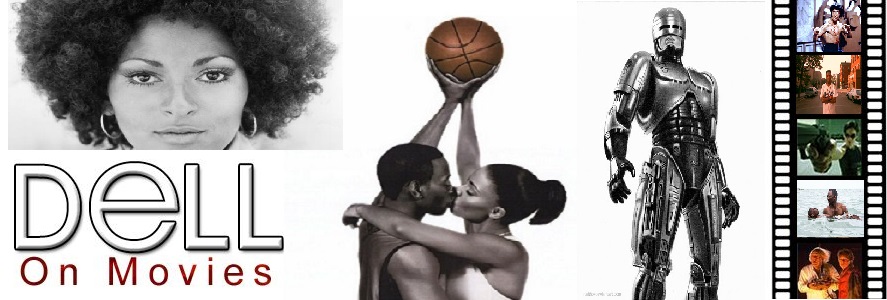Directed by David Ayer.
2012. Rated R, 109 minutes.
Cast:
Natalie Martinez
Jaime FitzSimons
Brian (Gyllenhaal) and Mike (Peña) are partners in the LAPD.
Together, they patrol some of the meanest streets in Los Angeles. Having spent
countless hours in a squad car discussing anything and everything, they've
grown to form a brotherly bond. Brian is a bachelor who studies law and shoots
video of everything. We view most of the film through his lens. Mike is married
with a baby on the way. We follow the dynamic duo as they serve and protect.
Eventually, some overzealous tactics find them interfering with the business of
a Mexican Cartel operating in the City of Angels. Hazards of the job ensue.
The main strength of End of Watch is
that we come to know these officers as well as they know one another. We’re
privy to some intimate conversations that inform us how each guy thinks. We
appreciate them for who they are and can understand the choices they make, even
if we don’t always agree. Both Jake Gyllenhaal and Michael Peña help the
process along with completely natural performances. We really feel as if we’re
riding along with two cops on their day-to-day grind, passing downtime with both
profundity and profanity. When off-duty, we even get to know their significant
others: Mike’s wife Gabby (Martinez) and Brian’s girlfriend Janet (Kendrick). Even
the other cops fit nicely into the story. Among these supporting players, look
for America Ferrera who is very effective playing a role way off-type for her.
It all helps create a well-rounded portrait of the two men at the eye of this
particular storm.
Of course, watching a couple cops drive around in their
squad car is only half the story. The more viscerally thrilling part is what
happens when they’re actively fighting crime. These guys manage to stumble upon
some really wild and gruesome scenarios. Some of them are more dangerous than
others, a few of them heartbreaking, all of them heart-pounding. Though it all
works itself into a coherent narrative, the plot doesn't dominate every waking
moment as it would in most movies. It’s something that develops on the very
edges of the peripheral awareness of our heroes. What they do know they don’t
even take that seriously. This gives the story a more organic feel.
Unfortunately, some well-worn Hollywood tropes figure into
our finale. While it is effective at making us sad, it’s still predictable. While
I don’t find it to be quite racist, I might not argue with anyone who thinks
otherwise. Point being, cinematic history certainly has its favorites which
this movie doesn't deviate from. That said, the film creates a dilemma for
itself. A slightly darker ending would likely be too cynical, a lighter one too
easy. An inversion of what happens might be the braver conclusion, but less
commercially viable. None of this is to say End of Watch
is ruined by its climax. We’re still emotionally taxed by the last few frames.
We've still had an enjoyable, if torturous, experience.



No comments:
Post a Comment